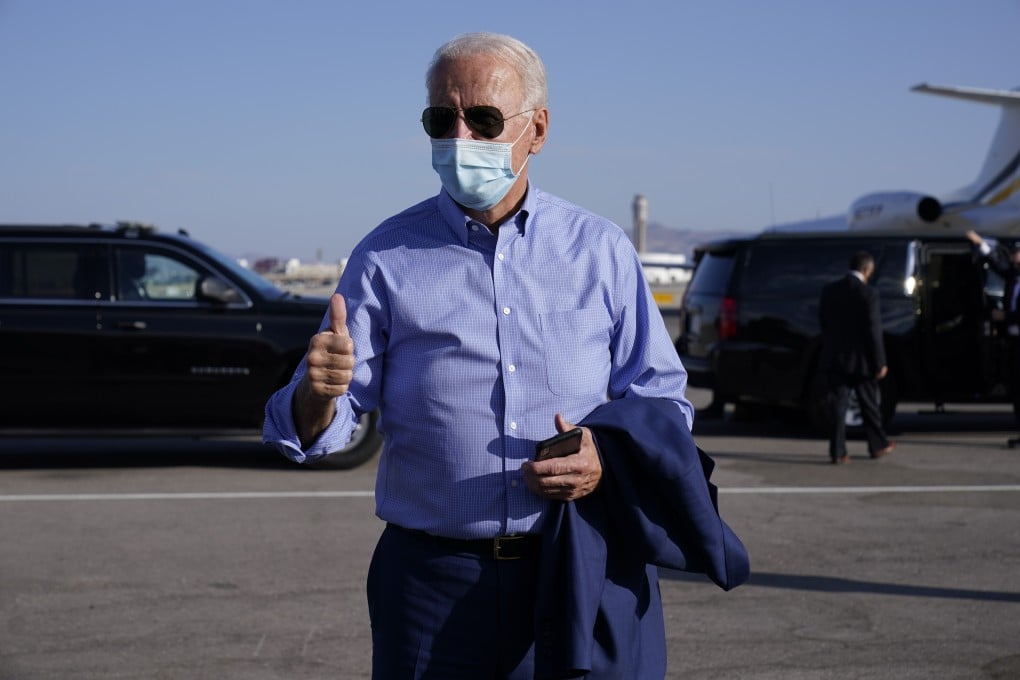How Joe Biden beating Donald Trump could add fuel to China’s economic recovery
- Markets might conclude that Biden’s White House will be less wedded to tariffs, which would be positive for the Chinese economy and its exporters
- A blue wave could spark renewed US fiscal stimulus that would boost US consumer demand and benefit those countries which sell the most goods to the United States

No one can really know how a Biden presidency would handle the crucially important China-US relationship. If the Obama-Biden era is a guide, the emphasis may be more on subtle diplomacy than presidential tweets. That is not to criticise the incumbent US president’s approach but merely to recognise that Joe Biden is not Donald Trump.
Trump has previously referenced a possible decoupling of the Chinese and US economies. Meanwhile, Tony Blinken, a senior foreign policy adviser to Biden, said on September 22 that, “Trying to fully decouple, as some have suggested, from China … is unrealistic and ultimately counterproductive.”
In March 2018, Trump rolled out a 25 per cent tariff on imported steel and a 10 per cent tariff on aluminium imports. “We’re going to build our steel industry back and our aluminium industry back,” Trump said, but it hasn’t quite played out that way.
